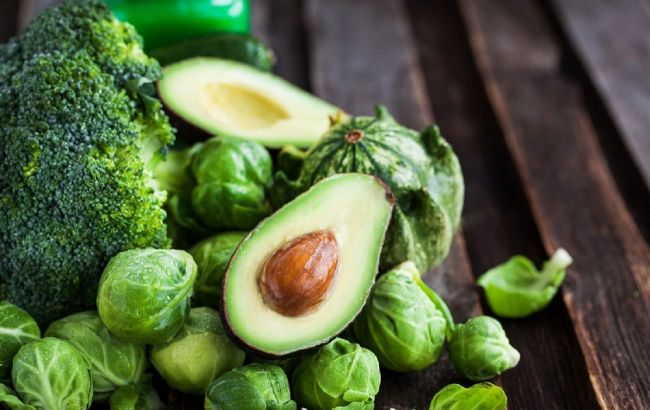Essential vitamin for wound healing and bone health
 Illustrative photo (pixabay.com)
Illustrative photo (pixabay.com)
Vitamin K is a crucial micronutrient playing a key role in blood clotting, wound healing, and bone health. People with vitamin K deficiency are at a higher risk of bleeding and bone fractures, according to dietitian Oleh Shvets.
Facts about vitamin K
Vitamin K encompasses a group of vitamins with similar chemical structures. Two main forms of vitamin K are most commonly found in foods.
Vitamin K1, the most prevalent dietary form, also known as phylloquinone, is found in plant-based foods like leafy greens. Vitamin K2, or menaquinone, is present in some animal products and fermented foods and is also produced by gut bacteria.
The body absorbs vitamins K1 and K2 at different rates, which can influence their physiological effects on health. Note that vitamin K is a fat-soluble vitamin. Therefore, if consumed in excess, it can be stored in the liver and other tissues.
Vitamin K and potassium
Vitamin K and potassium are essential nutrients that help perform many body functions. However, vitamin K and potassium are different.
Potassium is a mineral with a unique chemical composition, functioning as an electrolyte that helps the body maintain water balance and blood pressure. Additionally, while the body produces a small amount of vitamin K, potassium must be obtained through diet or dietary supplements if necessary.
Benefits of vitamin K
Vitamin K is essential for blood clotting and plays a significant role in bone and heart health. Individuals with a vitamin K deficiency are at an increased risk of developing osteoporosis and heart disease.
Symptoms of vitamin K deficiency
Between 8 to 31% of people have a vitamin K deficiency. However, severe vitamin K deficiency is quite rare. Symptoms include bleeding or uncontrolled bleeding, bruising, nosebleeds, dark stools with blood, and small bruises under the nails.
Those at higher risk of vitamin K deficiency include newborns who haven't received vitamin K injections, people with conditions like celiac disease, ulcerative colitis, and short bowel syndrome that affect nutrient absorption, and those who have undergone weight loss surgery.
Foods rich in vitamin K
Although the body can produce a small amount of vitamin K, it is important to obtain it from other sources as well. Foods rich in vitamin K include leafy greens (such as kale, spinach, and lettuce), Brussels sprouts, broccoli, cauliflower, vegetable oils, blueberries, figs, and eggs.
Should you take supplements?
Most people can get enough vitamin K through a balanced diet. Additionally, the human liver stores extra vitamin K, so daily intake is often unnecessary.
Dietary supplements with vitamin K can be an effective way to boost levels of this vital nutrient in the body, especially if health conditions or medications hinder its adequate absorption from food.
This material is for informational purposes only and should not be used for medical diagnosis or self-treatment. Our goal is to provide readers with accurate information about symptoms, causes, and methods of detecting diseases. RBС-Ukraine is not responsible for any diagnoses that readers may make based on materials from the resource. We do not recommend self-treatment and advise consulting a doctor in case of any health concerns.

